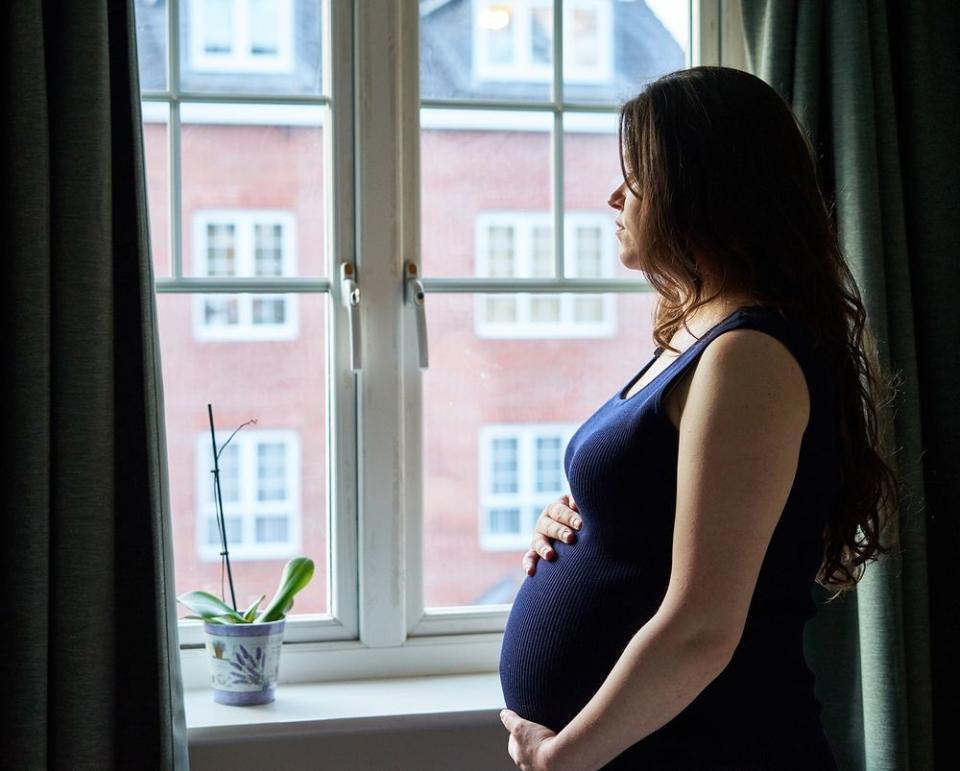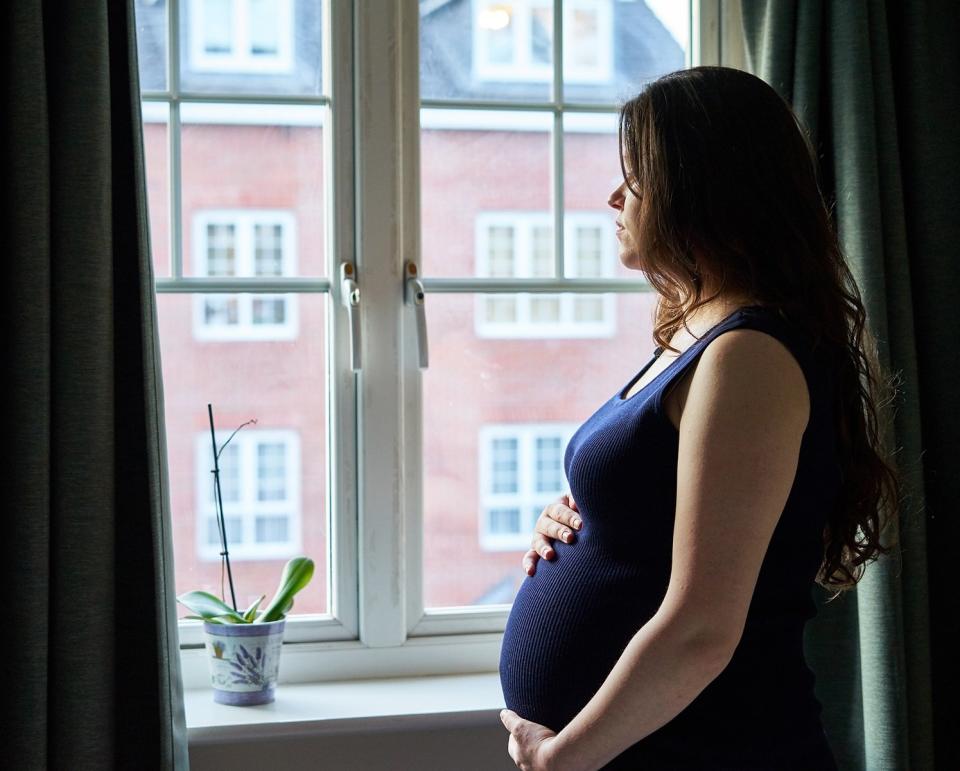Gestational Diabetes in Pregnancy May Predispose Mothers to Postpartum Depression

Mothers diagnosed with gestational diabetes in pregnancy have an elevated risk of developing postpartum depression symptoms, according to a Finnish study. In general, postpartum depression symptoms are experienced by 10–15 percent of mothers after childbirth. The study, published in September 2018, used the Edinburgh Postnatal Depression Scale to assess depression symptoms during the third trimester of pregnancy and eight weeks after delivery. According to the data, postpartum depression symptoms were observed in 16 percent of mothers diagnosed with gestational diabetes, and in approximately nine percent of mothers without the condition.
This study, conducted by the University of Eastern Finland, the University of Helsinki, Kuopio University Hospital, and the Finnish National Institute for Health and Welfare, pooled data from Kuopio Birth Cohort, which is an ongoing follow-up of women from the beginning of their pregnancy. In total 1,066 mothers with no previous mental health issues were selected for the study.
What is gestational diabetes?
Gestational diabetes refers to impaired glucose metabolism during pregnancy. Often, mothers with gestational diabetes have too high blood glucose levels, and this increases the risk of various adverse effects on the unborn baby. In addition to increasing a new moms chance of developing PPD, the research demonstrated that gestational diabetes increases the mother's risk of developing Type 2 Diabetes later in life.
"Psychological mechanisms may partially explain the observed association between gestational diabetes and postpartum depression symptoms," says doctoral student Aleksi Ruohomäki, the first author of the study. "Being diagnosed during pregnancy with a disease that might harm the fetus can be a stressful experience, which may predispose to depression symptoms."
Further, Ruohomäki notes both gestational diabetes and depressive symptoms after childbirth are associated with adverse changes in immune systems, so it may be that gestational diabetes launches a process that can, at least in some cases, be harmful for mental well-being. "Abnormal glucose metabolism also induces dysregulation of the body's stress systems that are in turn considered to be associated with depression," Ruohomäki added.
RELATED: Coping with Postpartum Depression
Furthermore, physiological mechanisms may also contribute to this association, says Soili Lehto, M.D., Ph.D., group leader of Kuopio Birth Cohort's mental well-being section. "Impaired glucose metabolism may increase cytokine-mediated low-grade inflammation, which has also been associated with depression. Previous studies have also shown that Type 2 Diabetes predisposes to depression, and depression to Type 2 Diabetes," Dr. Lehto said.
It's also important to note that several factors contribute to the risk of postpartum depression, and expecting mother's physical health is just one of them. "Ensuring adequate social support and having received good care for any previous mental health issues are key factors in supporting new mothers' mental well-being," explained Dr. Lehto.


